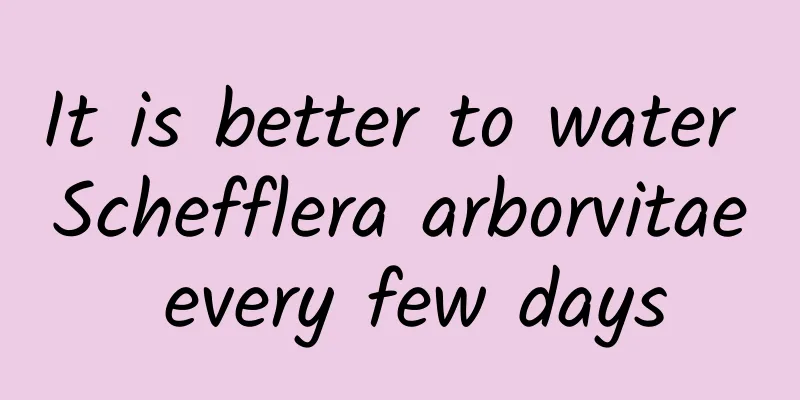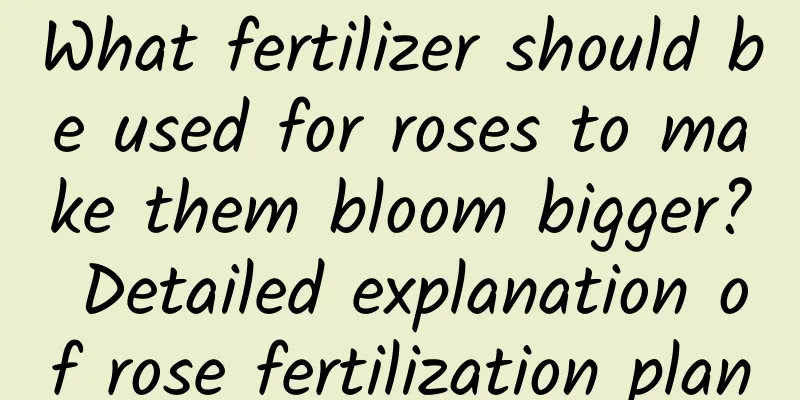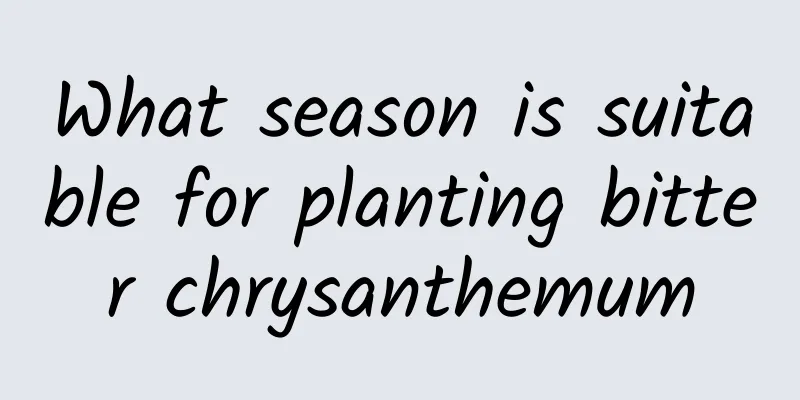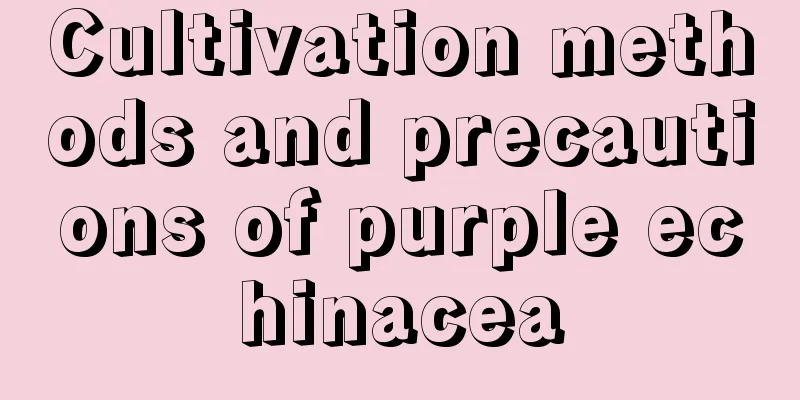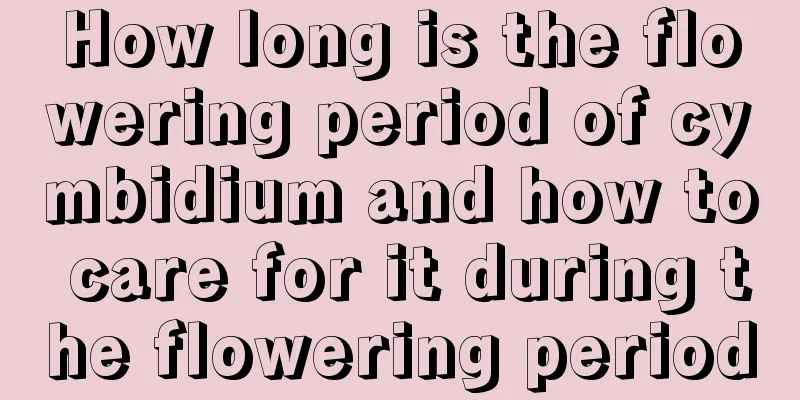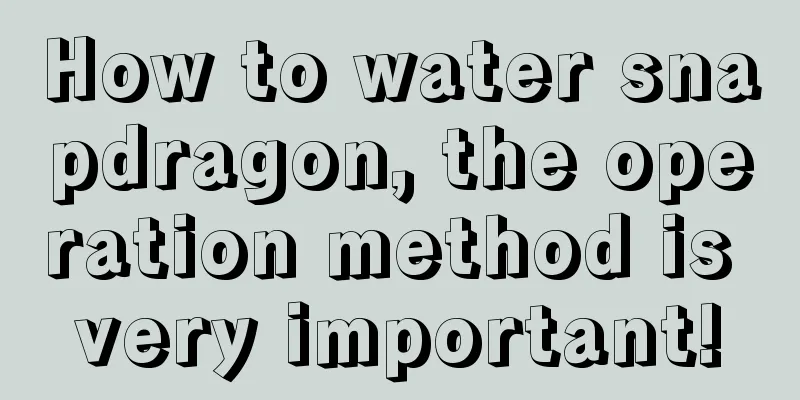How to dwarf hydrangea
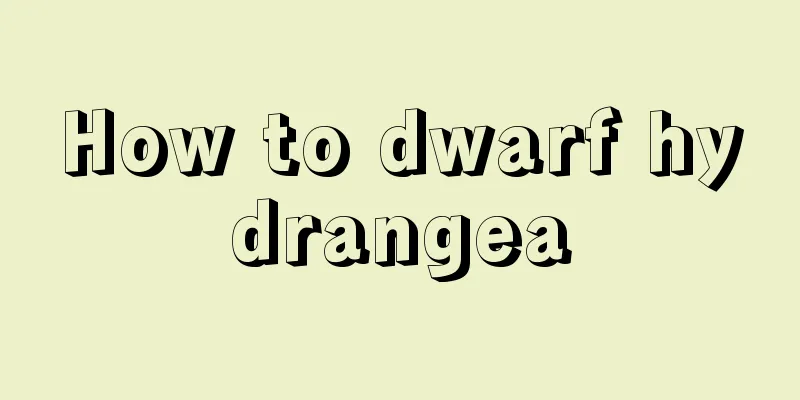
The principle of dwarfing hydrangeaThe dwarfing of hydrangea is carried out in late autumn, mainly by cuttings and good management. This is mainly because, when the hydrangea cuttings take root and survive in autumn, it is already the cold winter. At this time, the temperature is low, the growth of the hydrangea will be inhibited, and new buds will be difficult to germinate. In spring, when the temperature rises, the plant wants to maintain its own physiological balance. If it only relies on a small amount of roots to absorb nutrients, it will certainly not be able to meet the growth of the hydrangea plant. Therefore, with fewer roots and less nutrients absorbed, the plant will naturally grow more slowly and will not be very tall. After a period of growth, the plant has not grown very tall, but it has reached its flowering period. All the nutrients of the plant are used for flowering, and the plant will not grow very tall. If you can combine foliar spraying of phosphorus and potassium fertilizers at this time, the plants will have thick branches and stems, dense plant types, and large and colorful flowers. How to dwarf hydrangeaTo dwarf hydrangea, specifically, it is to carry out cuttings in late autumn, choose a sunny place for cuttings, and disinfect the soil before cuttings. When taking cuttings, choose branches of hydrangea that have already bloomed, cut off branches that are relatively strong and have shorter internodes, and require the buds to be full. Prune the branches, cut the upper end flat and the lower end diagonally. It is best to keep 2 leaves. After the cuttings are transplanted, new roots will generally grow in November. At this time, winter has already begun and the plant grows slowly. Insulation measures need to be taken. The plant should be potted in March of the following year. After potting, place the pot in a semi-shaded place to allow the seedlings to grow slowly, and do a good job of water, fertilizer management and ventilation. Note that new buds need to be removed in time, leaving only the main trunk. |
<<: Flowering period regulation of Zygocactus
>>: Fertilization tips for hydrangea
Recommend
How to Prune Lucky Bamboo
Why pruning is necessary Lucky bamboo has a stron...
How to trim golden marbles
When to trim the golden marble It is best to prun...
What kind of fertilizer is good for grape vines (base fertilizer application method)
Selection of base fertilizer for grapevines It is...
How to cultivate Brazilian wood
Farming methods soil The rubber tree likes a warm...
When to sow white snowflakes and key points of sowing and breeding
Snowflake planting time Snowflake belongs to the ...
Can roses be watered with vinegar?
Can I water roses with vinegar? Generally, roses ...
Common problems and solutions for perfume grass
What to do if the leaves of perfume grass turn ye...
How to plant purple seal seeds
1. Planting method 1. Choose the substrate. Since...
Is it difficult for "Lucky Bamboo" to take root in hydroponics? Add some "powder" into it, and it will be covered with small hair roots in 15 days!
Nowadays, as the number of people growing flowers...
Is Murraya suitable for deep or shallow pots?
Should I use a deep or shallow pot for myrrh? Osm...
A seed fell from the tree, I picked it up and took it home, and I became rich
Tamarind I don’t know if you have ever eaten tama...
When does butterfly plum bloom?
1. Which month does it bloom? The flowering time ...
What temperature should I move my succulents back indoors?
Low temperatures can cause chilling and freezing ...
Can the hibiscus survive if its leaves wilt?
1. Can I still live? Hibiscus is a beautiful flow...
Cutting method of peony
Cutting medium The cutting medium should be sandy...




